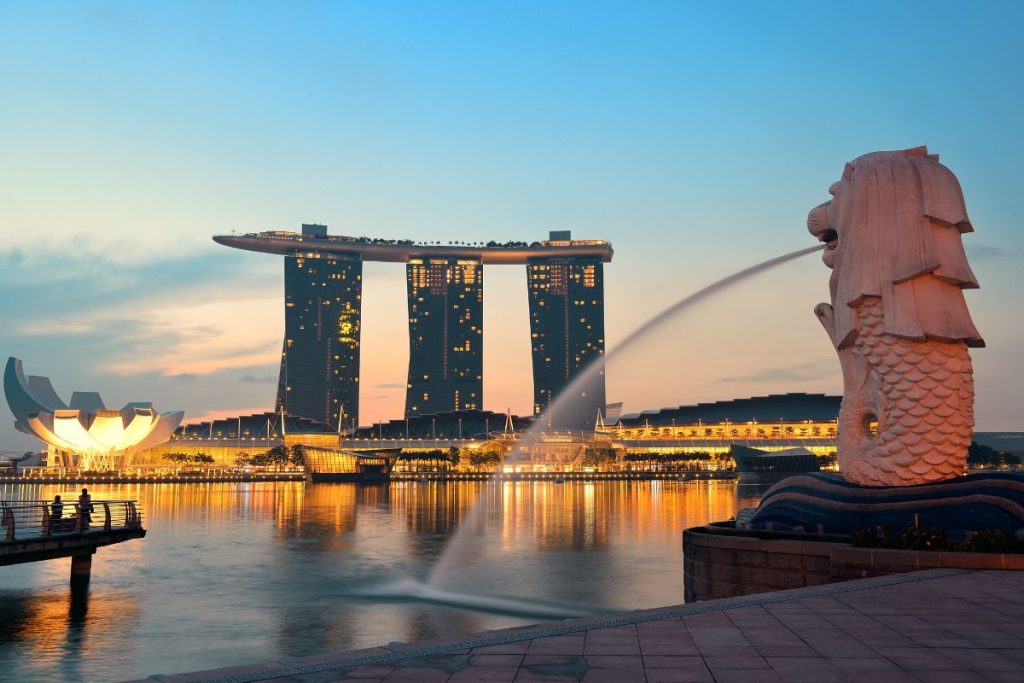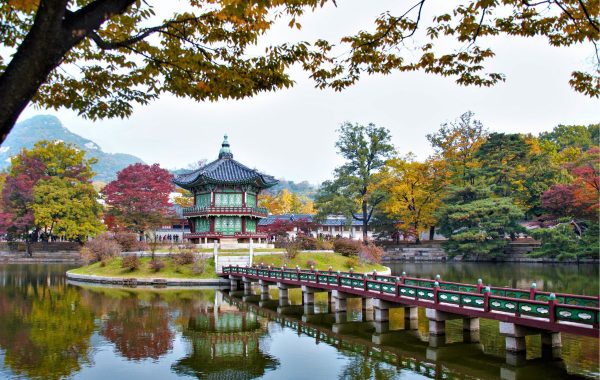In a shocking turn of events, Singapore is once again struggling with COVID-19 infections. The country has recorded thousands of fresh cases which has left the world stunned. The government of Singapore has issued new guidelines for travellers and citizens after recording 56,000 more COVID cases in the country. The Health Ministry in Singapore has taken the step after the rise in infections.
As per the latest update, there were approximately 56,043 reported cases of COVID-19 during the week of December 3 to December 9, 2023. This marks a significant increase from the 32,035 cases reported in the preceding week.In fact, the average daily hospitalisations due to COVID-19 have risen from 225 to 350 compared to the previous week, while the average daily Intensive Care Unit (ICU) cases have gone up from four to nine.
The Singaporean government has highlighted that a sublineage of BA.2.86, known as JN.1, is behind the majority of the COVID-19 cases. However, authorities said that there is no conclusive evidence suggesting that BA.2.86 or JN.1 are inherently more transmissible.
Ong Ye Kung, the health minister, has assured its citizens that reintroducing COVID-related safety measures is not on their minds at all as of now. Talking to media, he said, “Going back will be the last thing on our minds and the last thing on Singaporeans’ minds. But given the kind of healthcare burden we are shouldering, I think we can withstand this quite smoothly.”
Also Read: 72 Hours In Singapore | Travel and Food Guide
The Ministry of Health (MOH) has partnered with public hospitals to develop safety plans in response to the current situation. These plans encompass various measures, such as ensuring an adequate workforce and postponing non-urgent elective procedures. The objective is to create additional bed capacity, specifically for urgent cases.
The Health Ministry is set to inaugurate a new COVID-19 Treatment Facility (CTF) at Singapore EXPO Hall 10, dedicated to providing care for over 80 stable COVID-19 patients who do not require intensive hospital attention.
Individuals with symptoms of acute respiratory infection (ARI) are strongly advised to remain at home. In unavoidable interactions, wearing masks, limiting social engagements, and avoiding crowded places are recommended precautions.
Travellers have been requested to take preventive measures, including mask-wearing at airports, acquiring travel insurance, and steering clear of poorly ventilated and crowded spaces. To optimize hospital resources, the public is encouraged to seek treatment at Emergency Departments exclusively for serious or life-threatening emergencies.
The ministry also emphasised on the important role of vaccination in the battle against COVID-19. It will decrease hospitalisation rates among individuals who stay current with their vaccinations, particularly those who have received an additional dose within the last 12 months.
For latest travel news and updates, food and drink journeys, restaurant features, and more, like us on Facebook or follow us on Instagram. Read more on Travel and Food Network
Trending on TFN


















